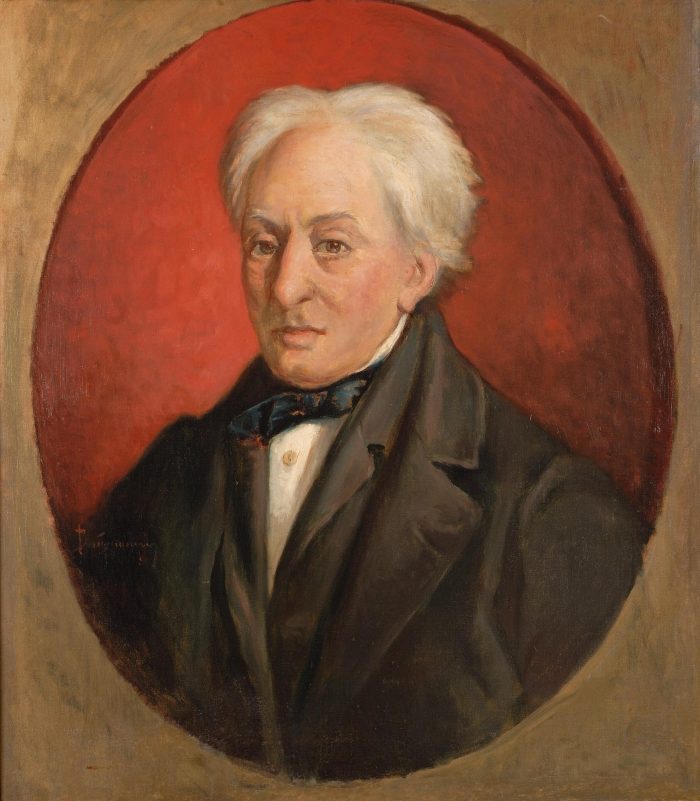Education for the young was a lifelong concern for both Ioannis Capodistrias and his friend and colleague Andreas Moustoxidis. From the time of the Septinsular Republic, the two men were occupied by matters of education, each from his own position. However, later, when they both returned to Europe, they discussed the importance of an education for a new generation of Greeks and new teaching methods that were already employed in countries such as France and Switzerland.
However, the Greek Revolution would create more pressing needs as regarded the care of children and youths. In a letter written in 1827 from Berlin, Ioannis Capodistrias asked Andreas Moustoxidis to take care of the orphaned Greek children in Venice. He asked him to draw up a list of the orphans who, due to the revolution, had ended up on the shores of Italy, including names, home, age, level of education and behaviour and to bring it to him in person or to send it to Paris.
That same year would find him in the Flagginio School in Venice, as superintendent together with the distinguished Emilios Typaldos and Konstantinos Kavakos. There, he would connect with the great scholar Bartholomeos Koutloumousianos. He took steps for the reconstitution of the Flagginio Library at the school, providing for the education of the new generation of Greeks.
Ioannis Capodistrias recognised Andreas Moustoxidis’ possibilities and trusted him to take on an important role in founding the newly formed Greek state. Accepting the Governor’s invitation, he came to Greece in 1828 and participated in, amongst other things, the organisation of public education, the committee supervising the orphanage in Aegina, and the Ephorate of the Central School. He also served as the first director of the National Library, which was founded in 1829.


